Both sides should work with future of humanity and Earth in mind: Envoy
China and the United States can compete to do a better job in running their country, contribute more to the world and deliver more benefits to people around the globe, Beijing's top envoy in Washington said on Tuesday.
The two largest economies need to envision their relationship with the future of humanity and the Earth in mind, rise above the zero-sum mentality and move in the same direction to make the world a better place, Ambassador Xie Feng said.
He made the remarks at a reception marking the 45th anniversary of diplomatic relations between China and the U.S., as well as the 2024 Chinese New Year.
Xie seemed to be making a fresh take on the issue of competition, which has been increasingly highlighted and often overemphasized by Washington as a dominant feature of its ties with China.
For example, Xie's counterpart, U.S. Ambassador to China Nicholas Burns, said on Dec 15 that competition and engagement with China are "not weighted evenly".
"The competitive balance is certainly weightier, but that we have to engage this country," Burns said at an event at the Brookings Institution in Washington.
Xie said early last month that China will not flinch at competition, but opposes using competition as a pretext to disadvantage and weaken the other side.
"Decoupling between us will not work and will produce no winner," Xie said on Tuesday. "Both our peoples want cooperation, and our cooperation is driven by win-win outcomes."
The two sides need to strengthen communication and coordination on hot spot issues, such as the Palestine-Israel conflict and the Russia-Ukraine conflict, as well as global challenges such as climate change and artificial intelligence, and provide more public goods conducive to world peace and development, he said.
Both countries need to draw inspiration from history, view the relationship from a strategic and long-term perspective and make the right decisions to ensure sustained growth of the relationship in the next 45 years, he said.
Among the important lessons drawn from the past 45 years of bilateral relations, the first one is that for China and the U.S., turning their back on each other is not an option, and that dialogue and win-win cooperation should be their common goal, the envoy said.
In addition, it is unrealistic for one side to try to remodel the other, he said, and respecting each other and seeking common ground while reserving differences are the prerequisite.
Furthermore, conflict and confrontation have "unbearable" consequences for both sides, so coexisting in peace and managing differences is the basic principle, he said.
"Today, the Taiwan question remains the most important, sensitive and explosive question in China-U.S. relations. Without stability across the Taiwan Strait, the China-U.S. relationship would be on shaky ground."
He continued that maintaining cross-Strait peace and stability serves the best interests of both China and the U.S..
"To achieve this, the most important guardrails are the three Sino-U.S. joint communiques, and the most pressing task is to curb 'Taiwan independence' forces, which pose the fundamental menace to peace and stability in the Strait," he said.
Also speaking at the reception, U.S. Assistant Secretary of State for East Asian and Pacific Affairs Daniel Kritenbrink said the leaders of the two countries have just exchanged New Year's greetings and letters recognizing the 45th anniversary of bilateral ties.
In his letter, U.S. President Joe Biden's message was clear — the relationship has promoted prosperity and opportunity in both countries and around the world, Kritenbrink said.
"So as we celebrate this 45th anniversary of bilateral relations, and as we usher in the Year of the Dragon, let us work together to renew our commitment to responsibly managing the U.S.-China relationship," he said.
"Let us sustain high level interaction, follow through on implementation and build on the foundation set in Woodside for the benefit of our two peoples and people around the world," he said, referring to the summit between Chinese President Xi Jinping and Biden on Nov 15 at the Filoli estate in Woodside, California.
At the reception, Stephen Orlins, president of the National Committee on U.S.-China Relations in New York, recalled what then-Chinese leader Deng Xiaoping said during a visit to the White House, where he met then-U.S. president Jimmy Carter shortly after the two countries forged diplomatic relations.
"The normalization of Sino-U.S. relations is a victory for both the American and Chinese people, because it supports the aspiration and interests of the two peoples in promoting world peace and stability," Orlins quoted Deng in Chinese.
"If it was true then, and it's true now," Orlins said. "So today we need to celebrate the wisdom, vision and courage of president Carter and Deng Xiaoping, and in this time of difficulty, emulate that courage."
Craig Allen, president of the U.S.-China Business Council in Washington, said the business community has the expertise, motivation and energy to effectively support bilateral cooperation to the extent that both governments can find common ground.
"I look very much forward in the Year of the Dragon to stepping up our activities to support this most important bilateral relationship in the world," Allen said.








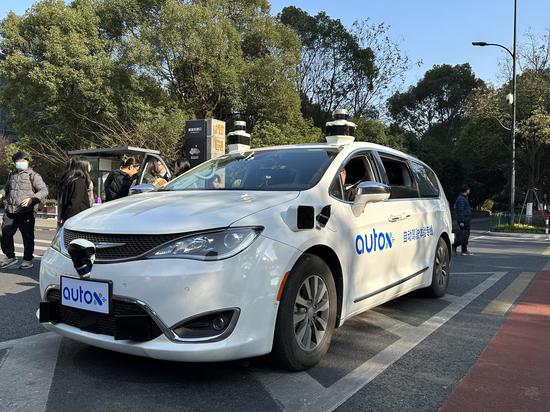
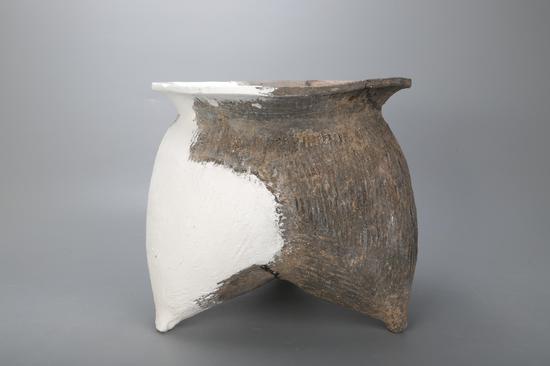





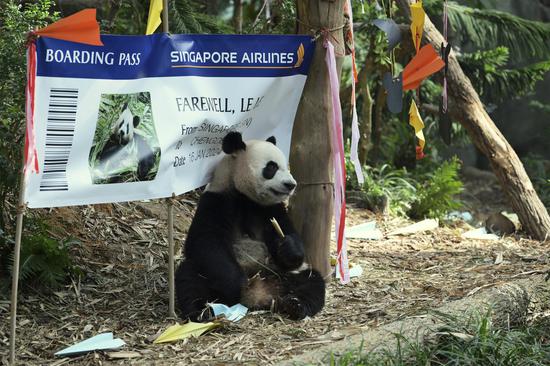
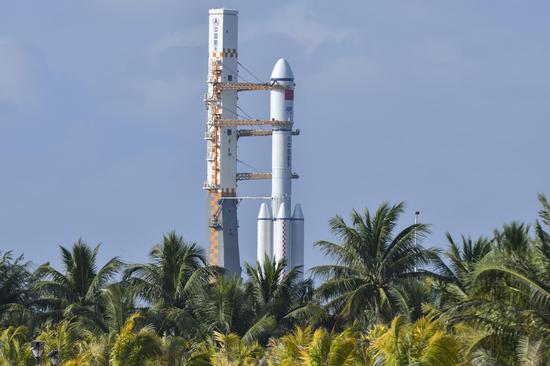
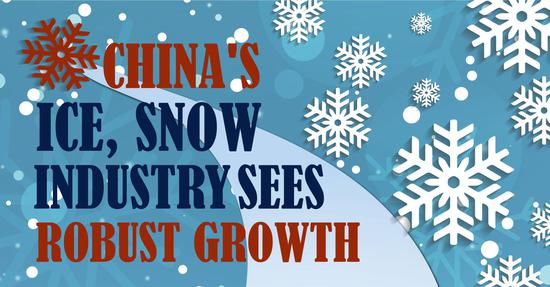
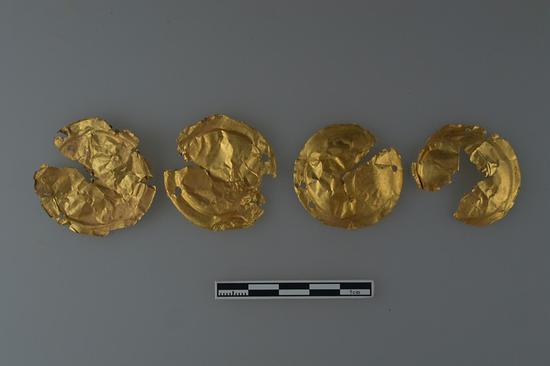




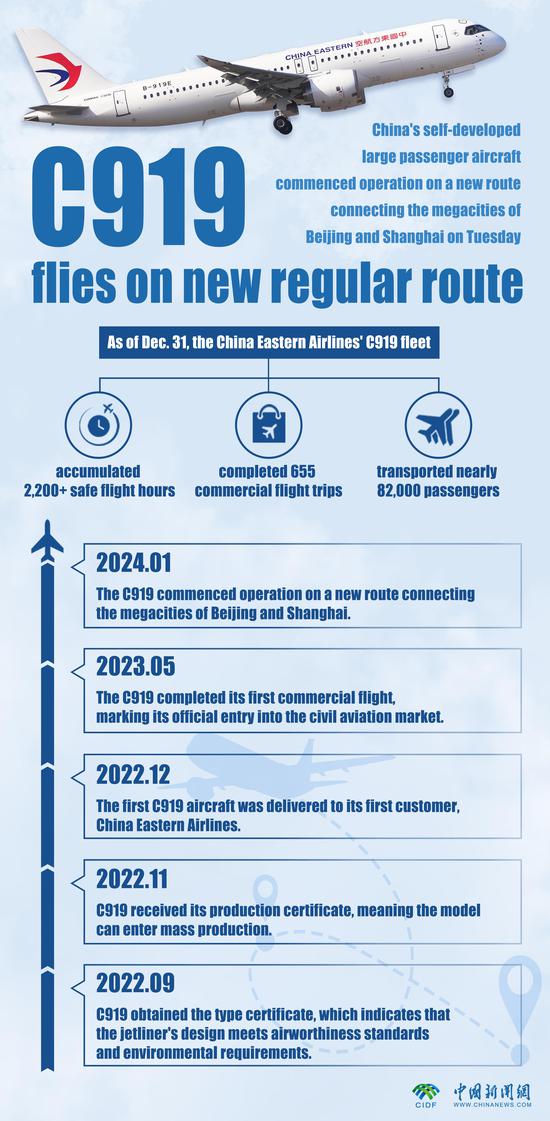





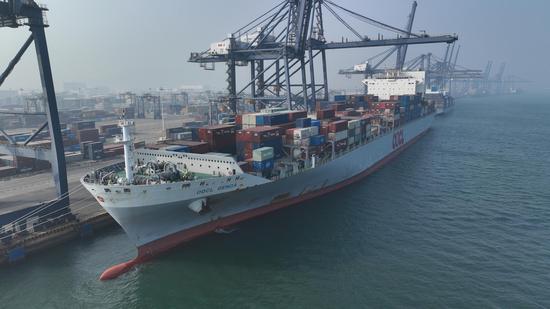
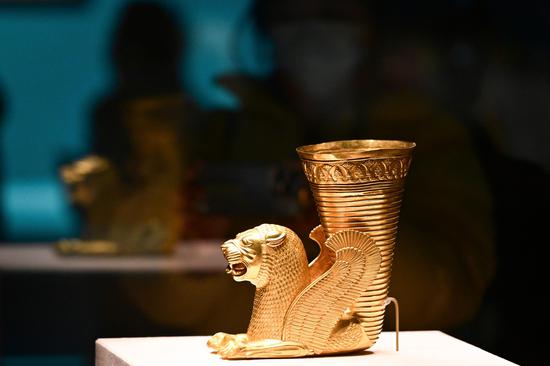
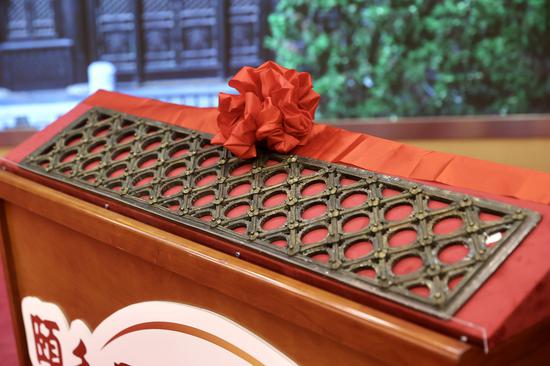
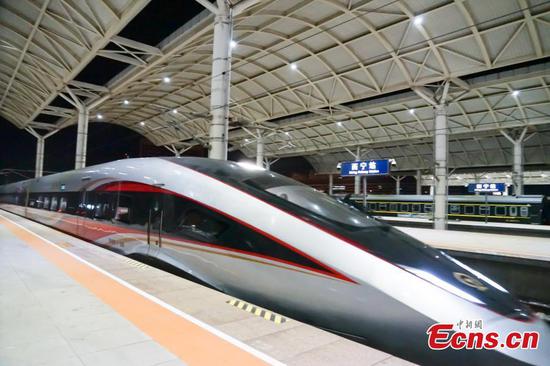

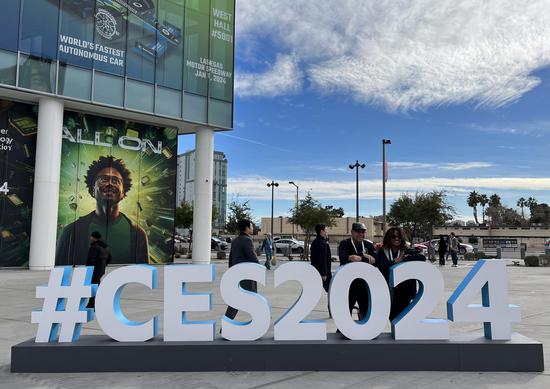

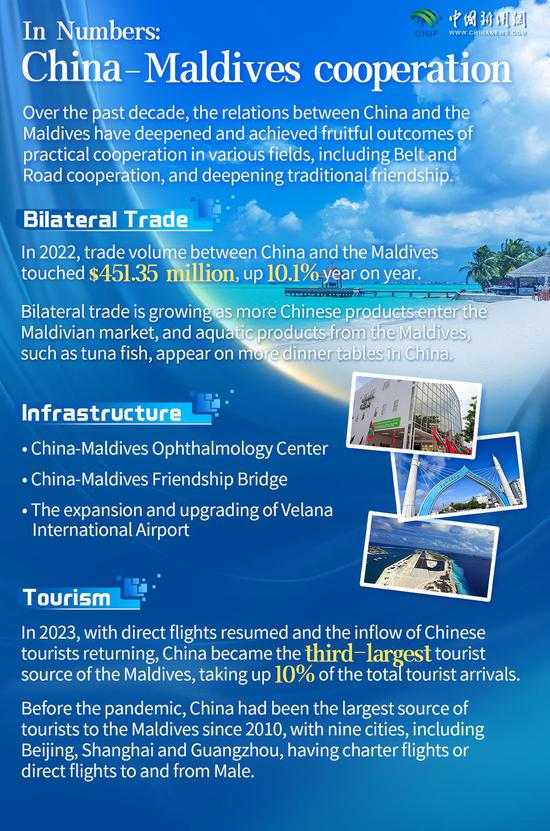
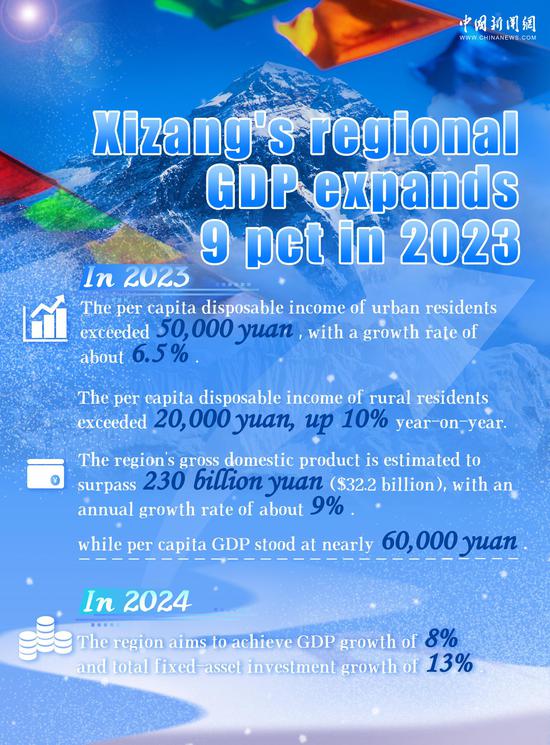
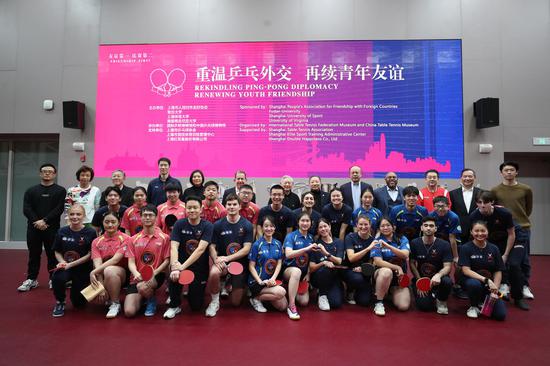
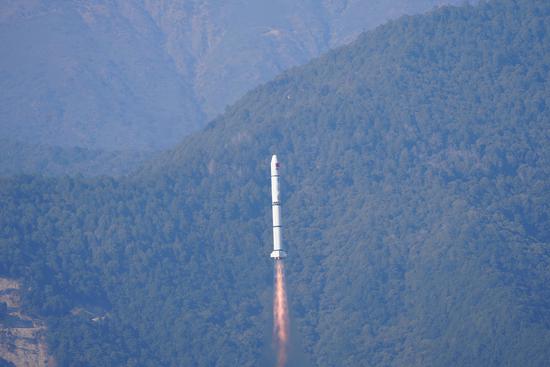
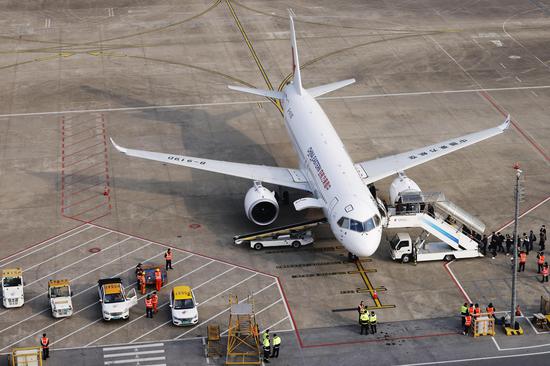
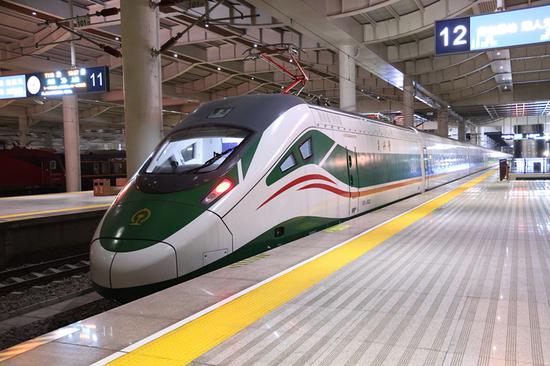

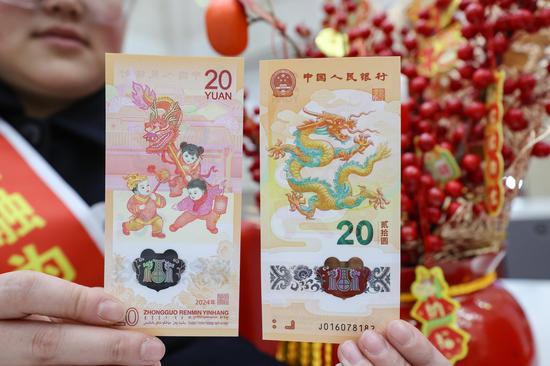
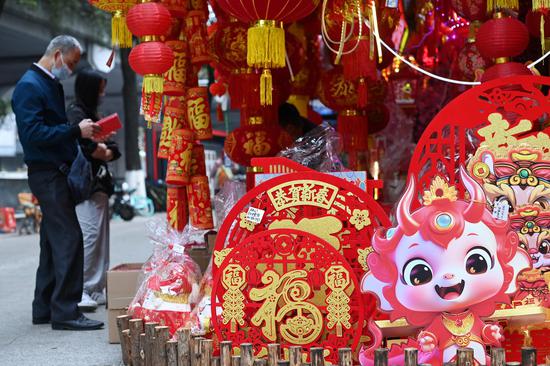





 京公网安备 11010202009201号
京公网安备 11010202009201号